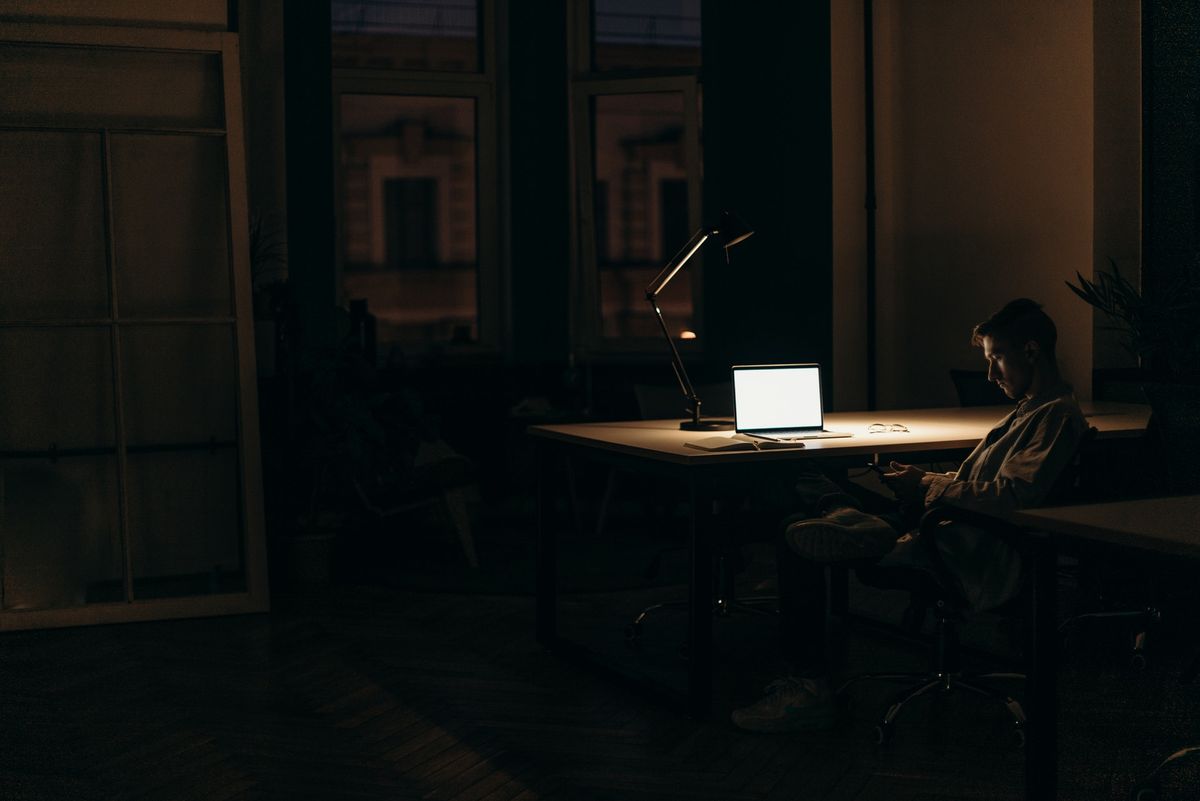Does technology make us more alone?

A few minutes every morning is all you need.
Stay up to date on the world's Headlines and Human Stories. It's fun, it's factual, it's fluff-free.
Technology is a driving force in today’s society, leading us to significant advances that would have otherwise been impossible. However, there has long been a debate on whether these advancements have started negatively impacting people, as we become more and more reliant on technology. So, does technology make us more alone? Having our eyes glued to our screens lets us forget about our reality and the people around us.
Does technology make us more alone?
Sure, the presence of technology has made it easier to communicate. But in return, it has made human connection harder. Technology is a constant factor that may sometimes interfere with our personal relationships. As we scan through the endless feeds on social media apps like Instagram and Facebook, making connections with the people around us in real-life becomes less desirable.
According to the American Journal of Preventive Medicine, using social media for more than two hours makes you two times more likely to feel socially isolated. With the online “connections" we make on social media, we are given more reason to engage in real conversation or connection. It’s a constant battle of us wanting to feel less lonely, but instead, our online habits are one of the leading factors that cause this loneliness.
Is social media making us anti-social?
With the presence of technology, we could all undoubtedly last a day without real social interactions. However, this is exactly the problem. Social media has replaced our need to create real-life connections and therefore, can be damaging to our personal lives. According to the Nielsen total audience report of 2018, adults in the United States spend 10-and-a-half hours per day using technology (television, smartphones, etc). This is a concerning amount of time considering this is 2/3 of the time we spend awake every day
FOMO, also known as “Fear of Missing Out” is a concept that refers to not wanting to miss out on social events, parties or life experiences. Social media plays a part in intensifying this feeling with photos and videos that are uploaded online. This stigmatizes being alone, and increases the need to be included at a young age. However, when left out, the feeling of loneliness may increase, creating an unhealthy cycle.
Another factor of technology that leaves us with the question “does technology make us more alone?” is the notion of distraction. Technology is a compelling excuse to avoid our problems instead of solving them, as we use social media as a distraction. This is self-destructive, as we begin to fade away from our reality and drift more into our online presence. This becomes an unhealthy coping mechanism as the areas in our lives that deserve attention get forgotten.
Technology has undeniably allowed society to evolve in extraordinary ways and has served us with an endless amount of value. Despite this, it is hard to ignore the side effects it has on human psychology and personal connections. Whether or not technology makes us more lonely is still up for debate, but it’s still an issue that begs to be discussed.
Have a tip or story? Get in touch with our reporters at tips@themilsource.com




Comments ()